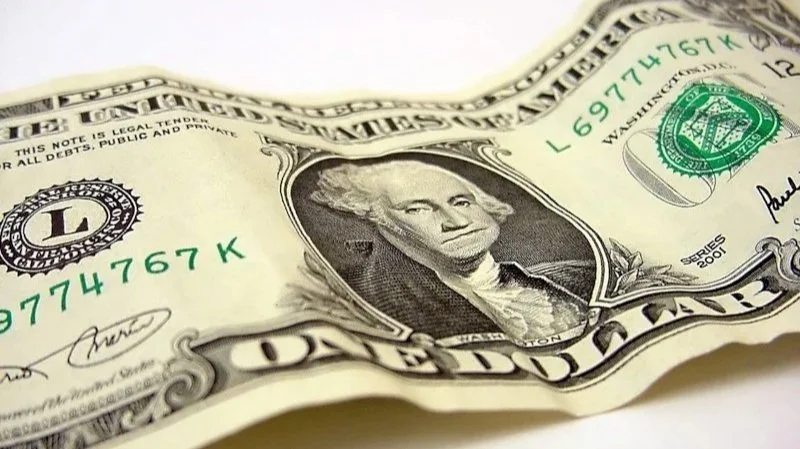Paying with cash isn't just a simple transaction. There’s an emotional value to paying with cash instead of a credit card
Most of us think of paying for something as a simple transaction. You hand over the money, take the receipt, and move on. But what if the act of paying itself — how, when, and even whether we pay — carries hidden meaning about our relationships with money and the people we pay?
Recently, I spoke with Vessy Tasheva, a psychoanalytic psychotherapist and financial therapist from Dublin, Ireland. In her practice, she asks clients to pay in cash at the end of each session. No cards, no apps, no automatic transfers. Just a bill, an envelope, and a moment of direct exchange.
It’s about consciousness, not convenience. “Money plays a key part in the transference and countertransference between client and therapist,” Tasheva explained. “Maybe a client forgets to pay, maybe they overpay, maybe they try to renegotiate their fee. Each of those things can have meaning.”
What happens at the point of payment isn’t just about money, it’s about what money represents. It can symbolize trust, guilt, control, resentment, or gratitude. Ignoring that moment, as Tasheva puts it, is losing “an opportunity for a friction point to have insight.”
Financial friction points are where emotion meets money: when we negotiate a raise, lend to a friend, or decide whether to spend or save. These are the moments when our money scripts come alive, often without our awareness. Someone who delays sending an invoice may not be struggling with bookkeeping. They may be wrestling with feelings of shame or fear of rejection.
Tasheva’s approach invites us to notice those moments rather than smooth them over. “If everything happens automatically through a standing order,” she said, “we lose that opportunity. There’s no space for meaning to emerge.”
There is science behind this. Researchers in neuroeconomics have found that paying with cash activates areas of the brain linked to emotion and self-control, while paying by card lights up the brain’s reward centers. Parting with physical money registers as real loss. Behavioral studies consistently find that people spend 12 to 18 percent more when using cards than when paying with cash. The very act of touching and releasing money seems to bring us back into our bodies, where choices carry more weight.
That helps explain why Tasheva insists on keeping payment tangible. “Some people think, ‘You’re asking for cash because you don’t pay taxes,’” she said with a smile. “Then we explore, where does that fit? Are they seeing me as dishonest, taking advantage? It’s like a power play.”
The simple act of paying can reflect unconscious beliefs about fairness, trust, and autonomy. Those dynamics show up not just in therapy, but in families, workplaces, and marriages. A partner who insists on controlling the finances may be trying to feel safe. A parent who quietly pays their adult child’s bills may be expressing love or avoiding guilt. Someone who undercharges for their work might be negotiating with an old emotional debt.
None of this is new. Over a century ago, Sigmund Freud wrote that therapists should treat discussions of money with the same seriousness as they would a patient’s dreams or desires. He understood that money, like emotion, is never neutral.
Every financial decision, from setting a fee to splitting a dinner check, carries an invisible emotional subtext. That’s why awareness matters. When we move everything to automatic payments, we also automate away self-awareness. We lose the pause that lets us ask, “What’s really happening here?”
Maybe that’s the deeper wisdom in paying cash: it slows us down. It reminds us that money, at its core, is not just a number moving between accounts. It’s a conversation, sometimes awkward, often revealing and always worth listening to.
Rick Kahler, CFP, is a fee-only financial planner and financial therapist with a nationwide practice, Kahler Financial Group, based in Rapid City. His co-authored books include “Coupleship Inc.” and “The Financial Wisdom of Ebenezer Scrooge.”
Photo: public domain, wikimedia commons
The South Dakota Standard is offered freely and is supported by our readers. We have no political or commercial sponsorship. If you'd like to help us continue our mission to advance independent political and social commentary, you can do so by clicking on the "Donate" button that's on the sidebar to your right.







